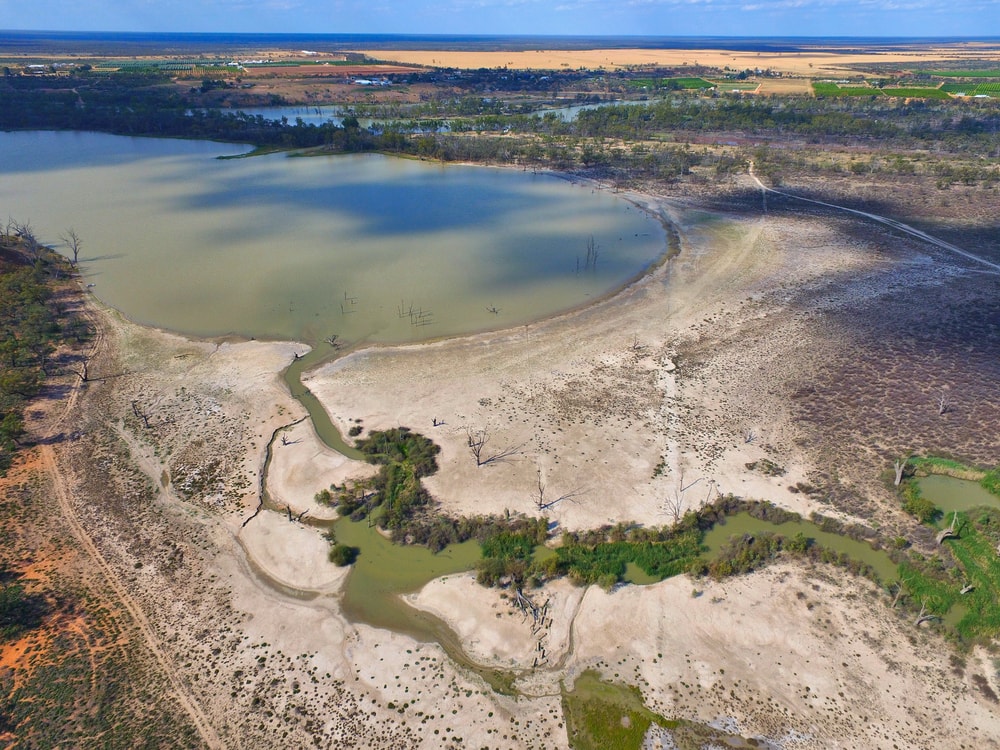“Water is fundamental to our lives, for food production, and for the health and prosperity of our cities,” says Professor John Langford, Professorial Fellow in the School of Engineering, University of Melbourne.
“Both Australia and China face similar challenges around the provision of water in rural and urban areas and for several years we have been working together to find sustainable solutions for water resource management that benefit both nations.
“Finding ways to efficiently manage our water resources is critical and working together is proving to be a productive way of tackling the challenges.”
Joining forces
An Australia-China Joint Research Centre on River Basin Management (Water Resources & Water Quality) was established in 2013 to help both countries address priorities for water resources management.
Led by the University of Melbourne, it drew on expertise from across Australia, including the CSIRO and the Murray-Darling Basin Authority.
In China, the Centre was supported by ten partners including the Chinese Academy of Sciences, the Ministry for Water Resources and Tsinghua University.
“China and Australia have different traditions and experiences but we have found we can learn a lot from each other,” says Professor Langford.
Post-graduate teaching
To foster greater understanding of each country’s issues and water management approaches, the University of Melbourne and Tsinghua University joined forces to establish a post-graduate River Basin Management course, which runs concurrently in Beijing and Melbourne.
The two-week intensive course includes a week of lectures and a week-long field trip in China or Australia. Throughout the week-long intensive course of lectures, classrooms at the two universities are connected.
Australian and Chinese academics, water industry experts and students exchange ideas and interact with each other using videoconferencing over research and education network infrastructure provided by AARNet in Australia and CERNET in China.
Furthering understanding of climate change impacts
Australia-China research collaborations are contributing to understanding the impact of climate change on water resources, improving the efficiency of irrigation use, and developing effective strategies and processes for water allocation, catchment governance and water trading.
Research is also informing best practice and processes for balancing environmental concerns with sustaining livelihoods in rural areas.
For example, the University of Melbourne and Tsinghua University joined forces to establish a pilot web-based water trading platform in the Shiyang River Basin, one of the most arid catchments in north-western China.
With the boom in the demand for irrigation infrastructure, rivers are ceasing to flow, impacting food production, among other issues. This platform is helping to develop a water marketplace that will aid in the management of water allocation for irrigation.
Allocating resources
Another notable project has seen a Channel Control System installed in China’s Gansu Shule River Basin using Rubicon technology adapted from Australia’s Goulburn Murray irrigation system. The flow of water can now be controlled through a series of gates, enabling the local district authorities to manage the allocation of this precious resource to users via various means, including water trading.
“In China and Australia, and other dry parts of the world, we are experiencing a drying climate and an increasing demand for water. Finding ways to efficiently manage our water resources is critical and working together is proving to be a productive way of tackling the challenges,” says Langford.








